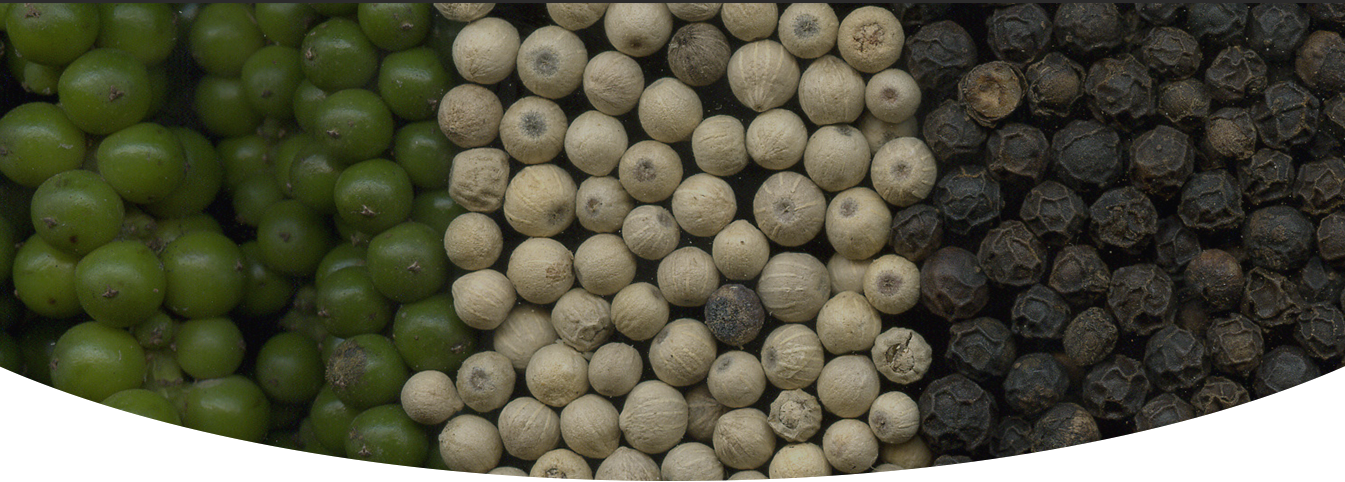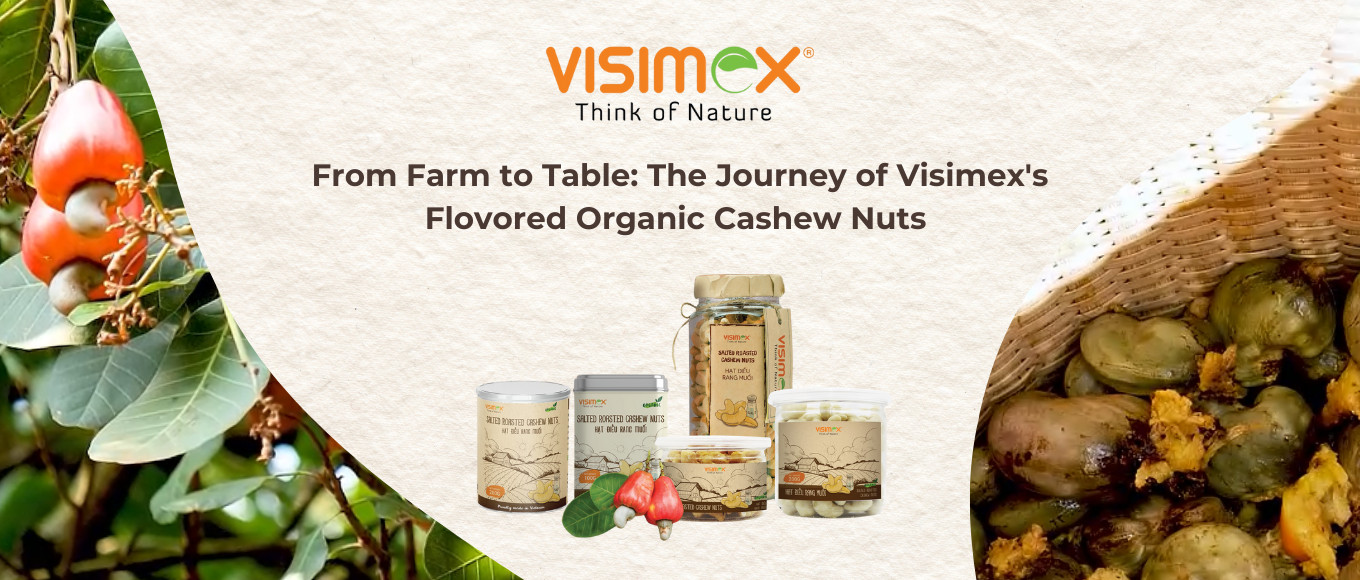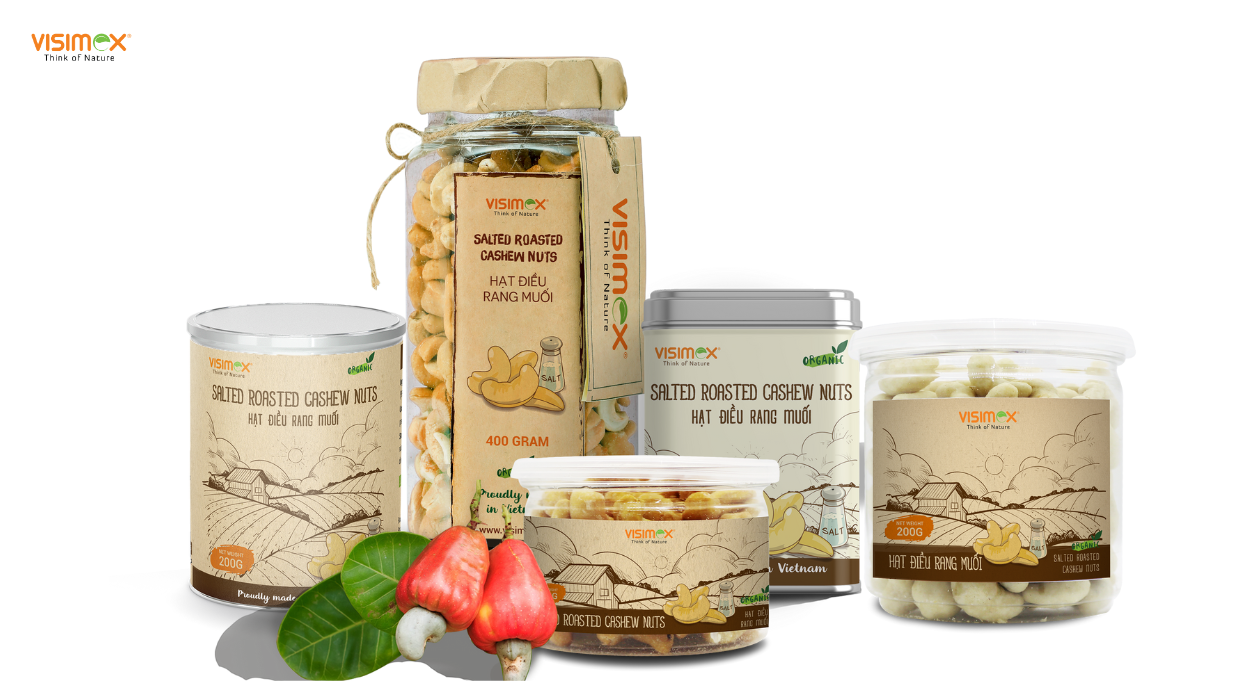In the vast expanse of Asia, agriculture serves as a cornerstone of economies and livelihoods. Yet, amid the verdant fields and bustling markets, a significant segment of the agricultural workforce remains often overlooked and underserved: women. Despite their pivotal role in food production, distribution, and rural economies, women in Asian agriculture face a myriad of challenges that hinder their full potential. However, within these challenges lie opportunities for transformative change and empowerment. Let’s delve into the complexities of empowering women in Asian agriculture, exploring the obstacles they encounter and the pathways to progress.
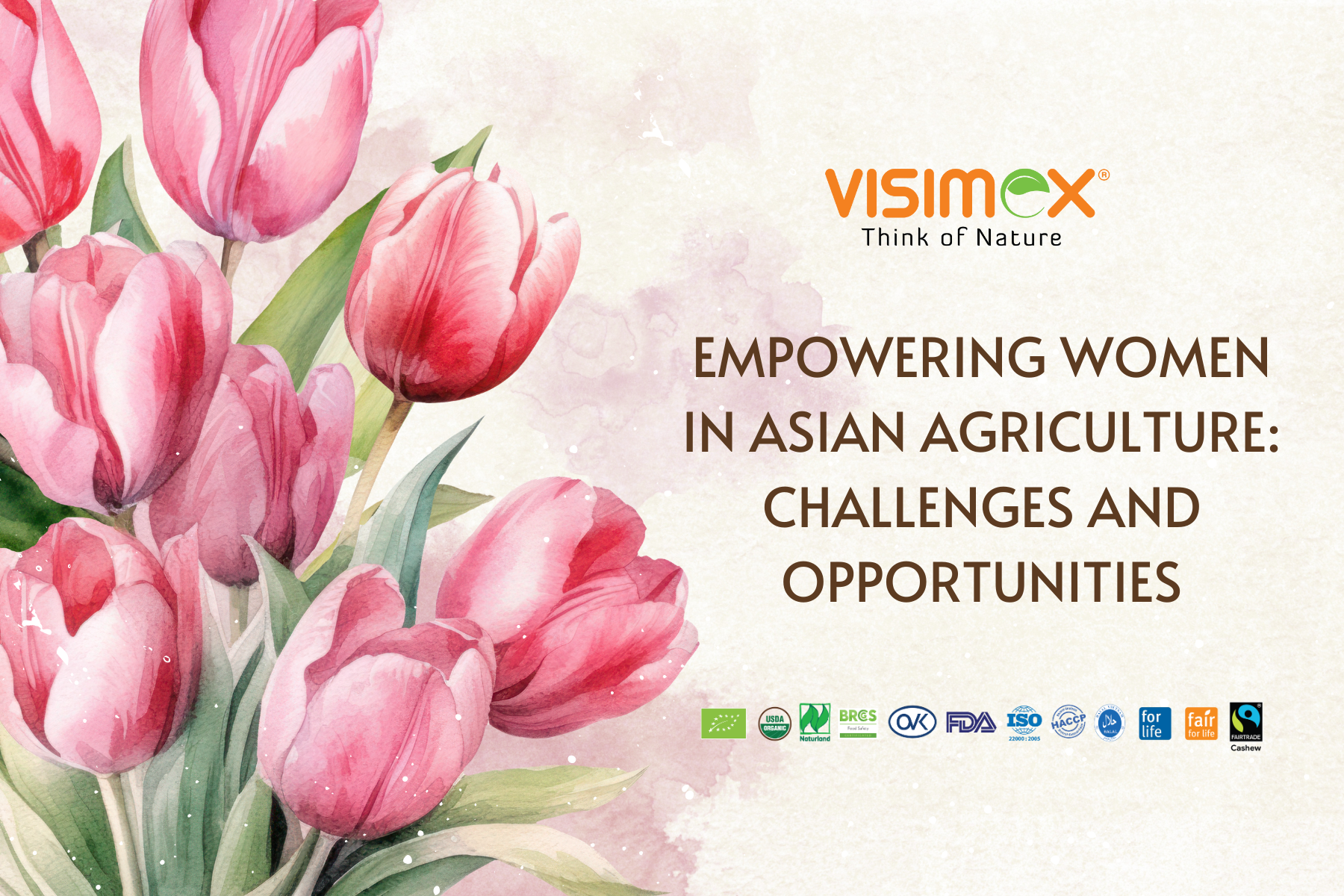
The Challenges:
Women in Asian agriculture confront multifaceted challenges that span economic, social, and cultural realms. Firstly, unequal access to resources such as land, credit, inputs, and technology perpetuates gender disparities in agricultural productivity and income. Discriminatory land tenure systems and inheritance laws often marginalised women, limiting their control over land and decision-making power within farming households. Moreover, inadequate access to finance and extension services constrains women’s ability to adopt modern farming techniques and diversify their livelihoods.
Secondly, entrenched gender norms and stereotypes reinforce traditional gender roles, relegating women to unpaid and undervalued labour in agriculture. Cultural norms regarding women’s mobility, education, and participation in public life further restrict their opportunities for skill development, leadership, and entrepreneurship in rural communities. Additionally, the burden of unpaid care work and household responsibilities disproportionately falls on women, draining their time and energy for engaging in income-generating activities or pursuing agricultural enterprises.
Furthermore, women in agriculture are disproportionately affected by climate change and environmental degradation, exacerbating their vulnerabilities and undermining their resilience. Erratic weather patterns, natural disasters, and loss of biodiversity jeopardise agricultural livelihoods, particularly those dependent on rain-fed farming or natural resource-based activities. Women, as primary caretakers of households and natural resource managers, bear the brunt of these environmental shocks, amplifying their economic insecurities and food insecurity.
The Opportunities:
Despite these formidable challenges, empowering women in Asian agriculture holds immense potential for driving inclusive and sustainable development. Recognizing the critical role of women as agents of change and stewards of natural resources, governments, NGOs, and development agencies are increasingly prioritising gender-responsive policies, programs, and investments in agriculture.
One key opportunity lies in enhancing women’s access to productive resources and services through targeted interventions. Reforming land tenure systems to ensure women’s land rights, promoting financial inclusion through microfinance and savings schemes, and delivering gender-sensitive extension services can bolster women’s agricultural productivity, income, and decision-making authority. Additionally, investing in gender-responsive agricultural research and technology innovation can unlock new opportunities for women to adopt climate-smart practices, mechanisation, and value-added processing, enhancing their resilience and competitiveness in agricultural markets.
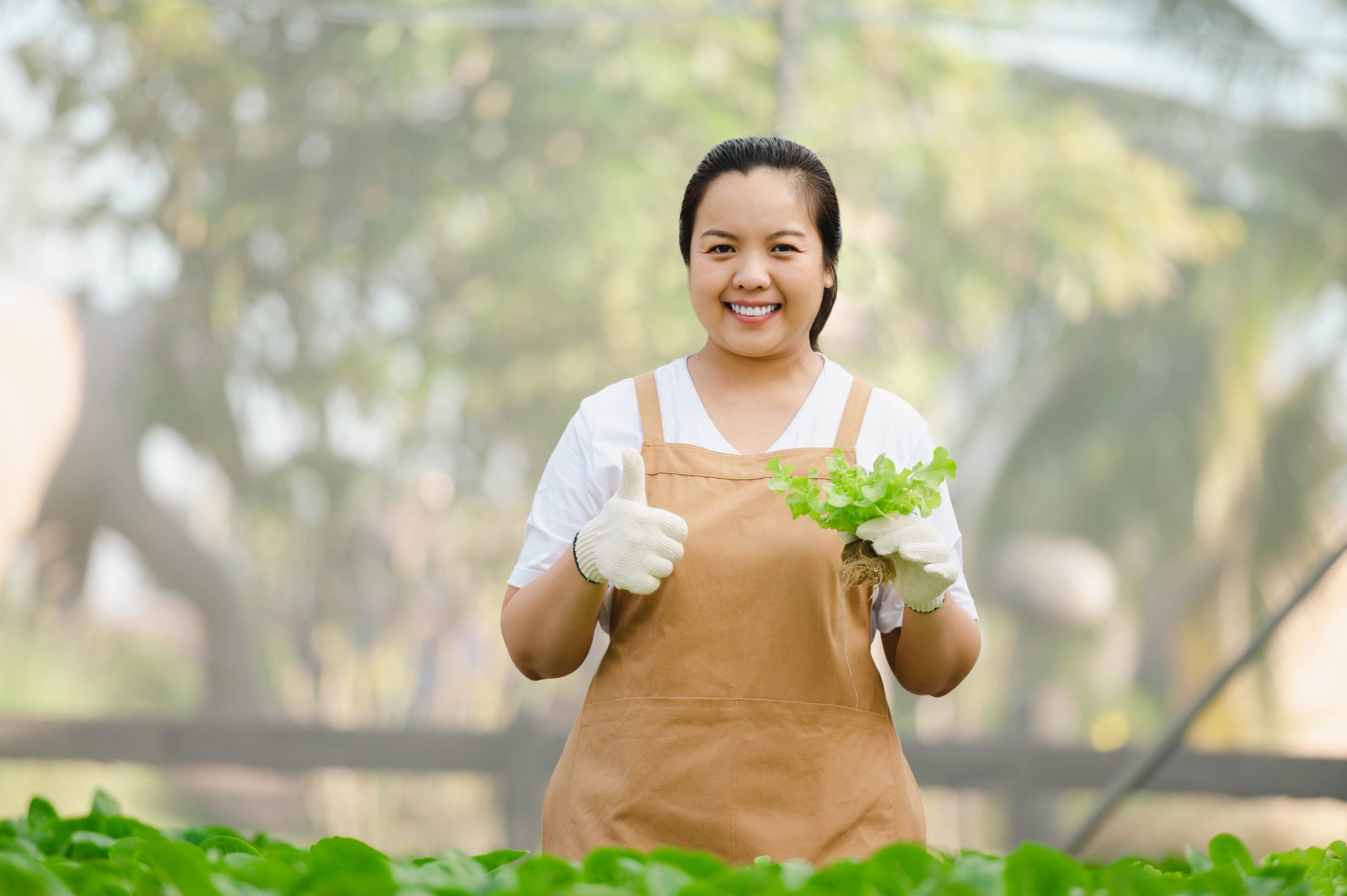
Another opportunity lies in challenging gender norms and fostering women’s empowerment through education, awareness-raising, and capacity-building initiatives. By promoting girls’ education, vocational training, and leadership development, societies can empower women to challenge stereotypes, claim their rights, and participate actively in agricultural cooperatives, producer groups, and policy forums. Engaging men and boys as allies in promoting gender equality and sharing unpaid care work can also contribute to shifting social norms and fostering more equitable partnerships within farming households and communities.
Moreover, harnessing the potential of women’s collective action and entrepreneurship can catalyse rural economic transformation and poverty reduction. Supporting women’s cooperatives, self-help groups, and agribusiness enterprises can provide avenues for women to access markets, value chains, and entrepreneurial skills, thereby creating sustainable livelihoods and fostering community resilience. Furthermore, leveraging digital technologies and mobile platforms can facilitate women’s access to market information, financial services, and social networks, overcoming geographical barriers and promoting women’s economic empowerment in remote areas.
Empowering women in Asian agriculture is not merely a matter of social justice but a strategic imperative for achieving food security, poverty alleviation, and sustainable development. By addressing the structural barriers that impede women’s participation and leadership in agriculture and seizing opportunities for gender-responsive investments and innovations, we can unlock the full potential of women as drivers of agricultural growth, environmental stewardship, and inclusive prosperity.
In this journey towards empowerment, pioneers like Visimex play a crucial role. With over 20 years of experience in organic agriculture in Vietnam, Visimex has been at the forefront of promoting sustainable farming practices and empowering rural communities. Through its commitment to fair trade and environmental sustainability, Visimex not only ensures the high quality of Vietnamese agricultural products but also champions gender equality and women’s empowerment in agriculture.
Visimex’s engagement with women farmers and cooperatives underscores its dedication to inclusive growth and social impact. By providing training, technical assistance, and market linkages to women-led farming groups, Visimex enables women to access markets, increase their incomes, and assert their rights within the agricultural value chain. Moreover, Visimex’s support for organic farming methods and climate-smart agriculture aligns with the goals of promoting women’s resilience and adaptive capacity in the face of environmental challenges.
As we strive to build a more equitable and sustainable agricultural sector in Asia, let us draw inspiration from the pioneering efforts of organisations like Visimex and collaborate across sectors to empower women, transform gender norms, and build resilient communities for future generations. Together, we can cultivate a future where women thrive as equal partners in shaping the agricultural landscape and driving positive change in our societies




